See why growth companies choose BluIQ
The Ultimate in Flexibility and Scalability for Subscription Management and Billing.

BluIQ is a configurable platform that bridges the gaps between your CRM, ERP and related business processes.

Customize Your Monetization Platform Quickly and Cost-Effectively.

The Ultimate Flexibility and Scalability to Process Complex Data Staging & Mediation Scenarios with Ease

End-to-end Integration for Seamless Order Activation and Provisioning

BluLogix Chargeback & Cost Recovery for Public Sector and Enterprise Organizations
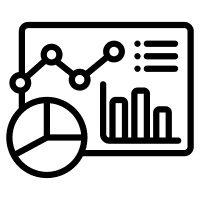
BluIQ gives you reporting, intelligence and insights in one package.
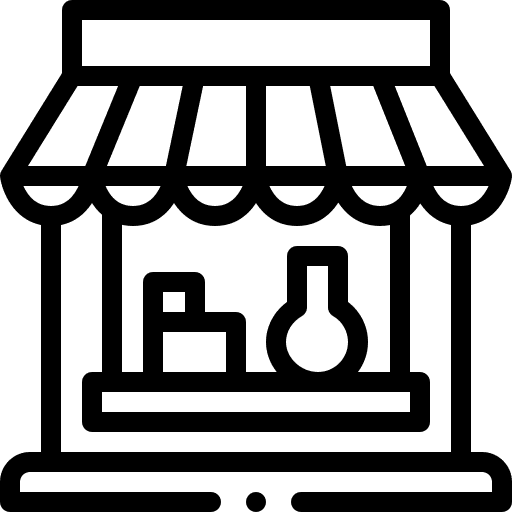
Empowering Ecommerce, Self-Management, and Seamless Renewals with Channel Support


Lessons, observations and insights for the subscription business

How BluIQ helps our customers’ subscription businesses successfully grow

The latest news and analyst reports on the Software-as-a-Service and Subscription industry

Attend an event near you to connect, learn, and gain inspiration.

The best companies in the world trust BluLogix for all of their billing needs
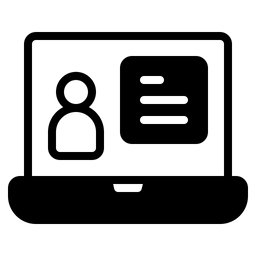
A collection of recorded webinars and videos on Software-as-a-Service and Subscription Management

Details on BluIQ subscription management and billing platform specifications
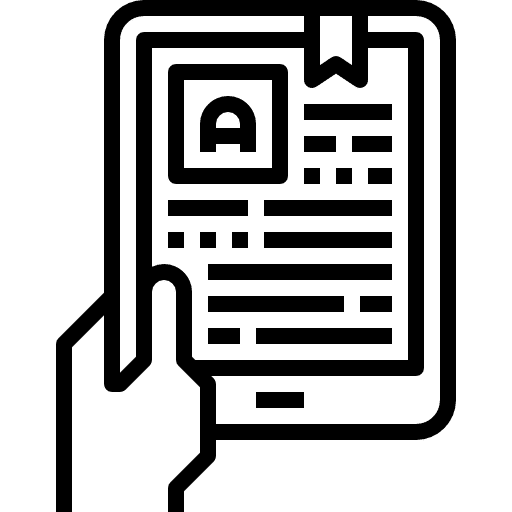
Subscription and Software-as-a-Service guides with actionable insights

Why Top Companies Choose BluLogix
Inaccurate billing is a critical sign that a company may need to overhaul its recurring revenue billing process. Errors in billing can stem from several issues, including outdated data, manual entry errors, or inadequate billing systems that cannot handle complex pricing models or the specific nuances of subscription-based billing. These inaccuracies can lead to customer dissatisfaction, disputes, and revenue loss.
Sign #4 that you may be outgrowing your billing process: Billing Inaccuracies
Click here to read all “11 Signs You Need a Better Recurring Revenue Billing Process” Now
Overcharging and Undercharging:
A telecommunications company struggles with frequent overcharging and undercharging due to errors in rate application and usage data discrepancies. Customers either face unexpected high bills or the company loses revenue due to underbilling, resulting in a high volume of customer complaints and increased churn rates.
Billing Delays:
A SaaS provider experiences delays in sending out invoices due to the need for manual checks and corrections of billing data. These delays not only affect cash flow but also harm the company’s reputation, as customers question the reliability and professionalism of the business.
Complex Discount Management:
A fitness subscription service offers multiple discount and promotional packages, which change frequently. Their current billing system fails to update and apply these changes correctly, leading to incorrect billing statements that require manual adjustments, consuming valuable administrative time and resources.
Inaccurate billing can erode customer trust, reduce satisfaction, and potentially lead to legal issues or regulatory fines, particularly in industries where billing accuracy is closely monitored. It also demands additional resources to address billing disputes and corrections, which can significantly increase operational costs.
Implementing a sophisticated billing platform that automates and ensures the accuracy of every aspect of the billing process is essential. Such platforms should support complex pricing structures, promotional handling, and real-time data processing to reduce the likelihood of errors. Moreover, they should provide robust auditing tools to quickly identify and rectify discrepancies. Automation reduces the dependency on manual processes, thereby increasing efficiency and accuracy, and ultimately enhancing customer satisfaction and loyalty.
A robust system not only automates the invoicing and billing processes but also integrates seamlessly with usage tracking and customer management systems to ensure that all charges are accurately calculated and applied according to the latest pricing rules and customer agreements. This leads to a more transparent billing process where discrepancies are quickly identified and corrected, maintaining the integrity of financial transactions and customer trust.

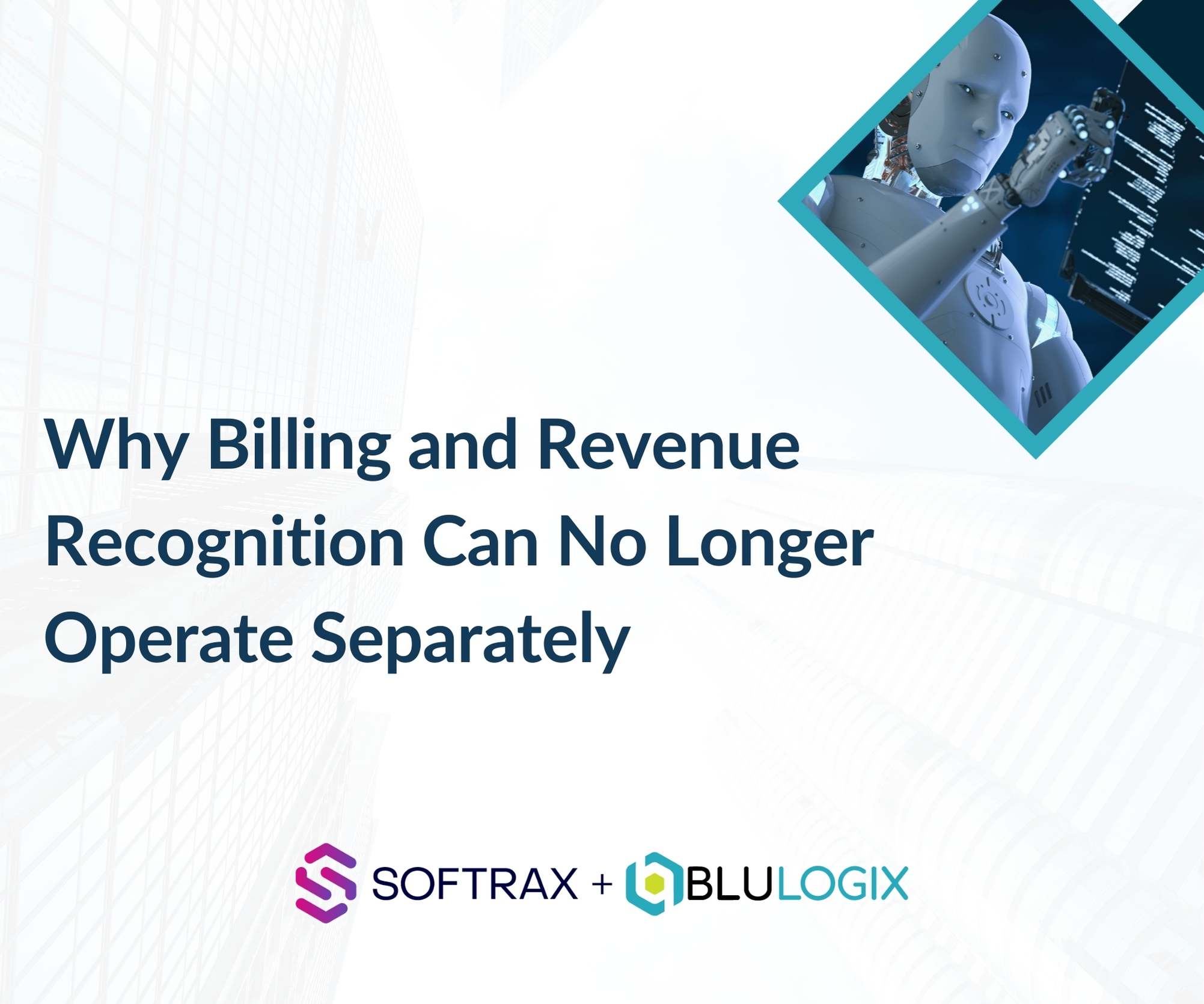

| Cookie | Duration | Description |
|---|---|---|
| cookielawinfo-checbox-analytics | 11 months | This cookie is set by GDPR Cookie Consent plugin. The cookie is used to store the user consent for the cookies in the category "Analytics". |
| cookielawinfo-checbox-functional | 11 months | The cookie is set by GDPR cookie consent to record the user consent for the cookies in the category "Functional". |
| cookielawinfo-checbox-others | 11 months | This cookie is set by GDPR Cookie Consent plugin. The cookie is used to store the user consent for the cookies in the category "Other. |
| cookielawinfo-checkbox-necessary | 11 months | This cookie is set by GDPR Cookie Consent plugin. The cookies is used to store the user consent for the cookies in the category "Necessary". |
| cookielawinfo-checkbox-performance | 11 months | This cookie is set by GDPR Cookie Consent plugin. The cookie is used to store the user consent for the cookies in the category "Performance". |
| viewed_cookie_policy | 11 months | The cookie is set by the GDPR Cookie Consent plugin and is used to store whether or not user has consented to the use of cookies. It does not store any personal data. |
The Ultimate in Flexibility and Scalability for Subscription Management and Billing.
